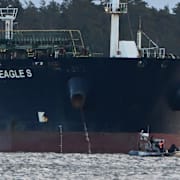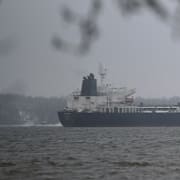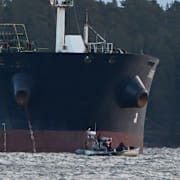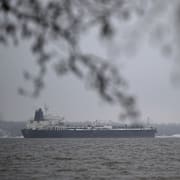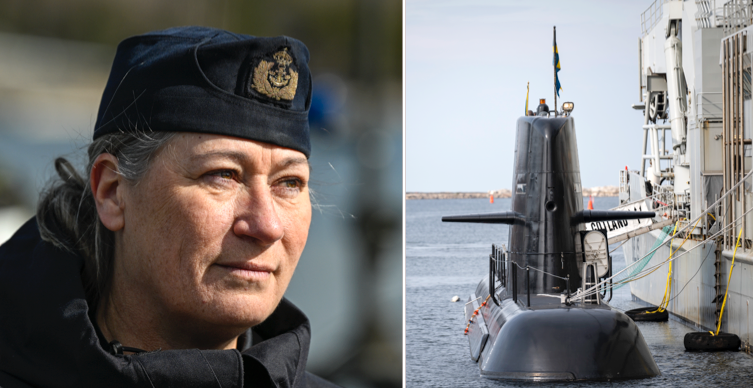
Havsbotten ny krigsarena: ”Tror inte vi har förstått”
Sprängningarna av gasledningarna Nordstream och de misstänkta sabotagen mellan Sverige, Finland och Estland har fått både Nato och Försvarsmakten att rikta mer fokus på undervattenskrigföring, skriver DN i ett reportage.
Sveriges marinchef Ewa Skoog Haslum beskriver det som ”den nya arenan”. Hon efterlyser dock en nationell strategi för krig på havsbotten och säger att marinens resurser inte räcker för att tillgodose behoven.
– Det är sorgligt att säga men jag tror inte att man har riktigt förstått vikten av att skydda det vi har ute på havsbotten.
Forskaren Johannes Peters på universitetet i Kiel säger att det finns indikationer på att Ryssland de senaste åren har lagt starkt fokus på att förbereda sig för undervattenskrig.
bakgrund
Sprängningarna av Nordstream
Wikipedia (en)
On 26 September 2022, a series of clandestine bombings and subsequent underwater gas leaks occurred on the Nord Stream 1 and Nord Stream 2 natural gas pipelines. Both pipelines were built to transport natural gas from Russia to Germany through the Baltic Sea, and are majority owned by the Russian majority state-owned gas company, Gazprom. The perpetrators' identities and the motives behind the sabotage remain debated.
Prior to the leaks, the pipelines had not been operating due to disputes between Russia and the European Union in the wake of the Russian invasion of Ukraine, but were filled with natural gas. On 26 September at 02:03 local time (CEST), an explosion was detected originating from Nord Stream 2; a pressure drop in the pipeline was reported and natural gas began escaping to the surface southeast of the Danish island of Bornholm. Seventeen hours later, the same occurred to Nord Stream 1, resulting in three separate methane leaks northeast of Bornholm. All three affected pipes were rendered inoperable; Russia has confirmed one of the two Nord Stream 2 pipes is operable and is thus ready to deliver gas through Nord Stream 2. The leaks occurred one day before Poland and Norway opened the Baltic Pipe running through Denmark, bringing in gas from the North Sea, rather than from Russia as the Nord Stream pipelines do. The leaks are located in international waters (not part of any nation's territorial sea), but within the economic zones of Denmark and Sweden.
Omni är politiskt obundna och oberoende. Vi strävar efter att ge fler perspektiv på nyheterna. Har du frågor eller synpunkter kring vår rapportering? Kontakta redaktionen
